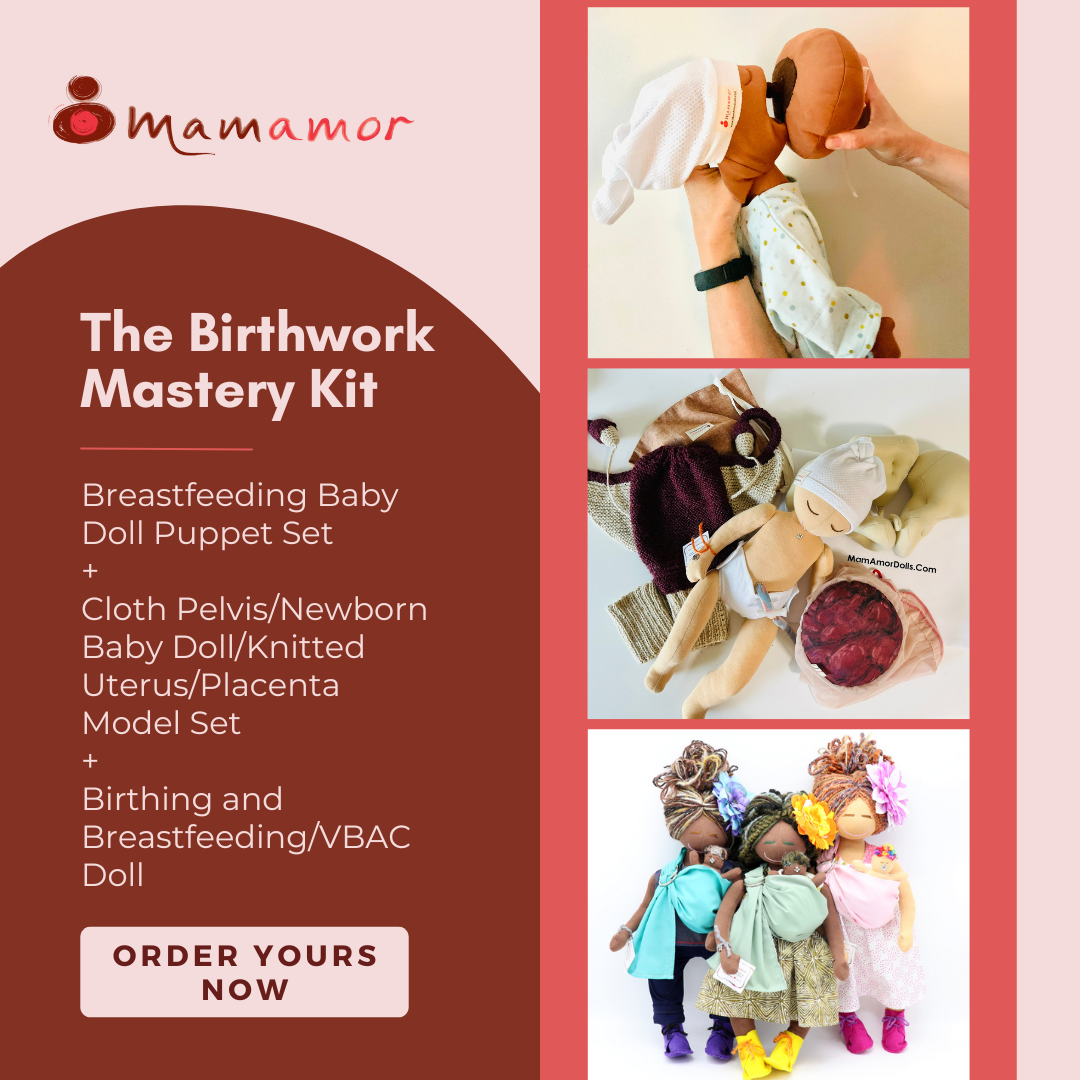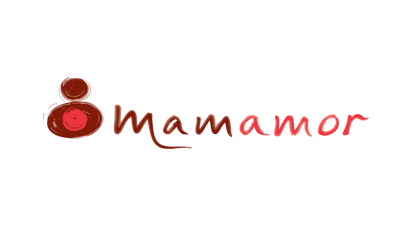
Even if you haven’t personally experienced labor, you’ve probably heard a lot about it. From popular culture to casual conversation, natural childbirth has earned a place in the minds of almost all women, but not always for the right reasons. When women learn about the process of childbirth, the most widely discussed aspect is usually pain, which leaves most expectant mothers eager to find out how they can make their childbirth experience as pain free as possible. In fact, a study by researcher Lee Roosevelt revealed that up to 30 percent of women suffer from a fear of childbirth that is so significant it impacts their daily life.
Today, many expectant mothers flock to epidurals; a pain relief method offered by most anesthesiologists in the delivery room. In many cases, women believe that epidurals are essential for a relatively comfortable labor and in contrast, natural childbirth is exceptionally painful. According to research by the CDC, just over 60 percent of American women receive an epidural before giving birth. Statistics like this beg the question: If epidurals work so well for managing childbirth pain, why don’t all women get them? Well, like any invasive medical procedure, epidurals come with a number of potential risks and side effects. These risks include infection, post-dural puncture headache, bleeding, nerve damage, and more.
But the risks don’t stop there. Many maternity care interventions can have unintended effects on a woman during labor and childbirth. These new issues can only be solved with further intervention, which may in turn lead to even more problems; this is known as a cascade of intervention. Some maternity practices that can result in a cascade of intervention include:
- using medications that induce labor
- artificially breaking membranes and releasing amniotic fluid before or during labor
- using synthetic oxytocin medicine to speed up labor
- using pain relief medications
- laboring in bed versus being upright and mobile
So, what makes natural childbirth a better alternative for expectant moms? If possible, avoiding practices that disrupt the normal physiology of pregnancy and childbirth by interfering with hormones and creating opportunities for infection should be avoided. Although some discomfort is unavoidable during labor and delivery, many women still give birth without the aid of pain-relieving drugs.
If expectant mothers are mentally and physically prepared for childbirth, they and their babies are more likely to have a smooth and safe experience. For women who choose to opt-out of having an epidural, there are several natural pain relief options:
- relaxation and meditation
- breathing techniques
- moving around
- water therapy
- massage and heat
- Doula support
During pregnancy, women should explore these natural options until they find one that they feel comfortable with. With the support of friends, family, and the medical community, expectant mothers shouldn’t be fearful of labor and delivery pains but rather excited to begin their childbirth journey. The more educated women are about childbirth options, the better ability they have to make an informed childbirth decision and prepare for the healthy birth of their baby.
Shawna King
1 Response
Leave a comment
Comments will be approved before showing up.
Also in MamAmor Dolls Blog

Elevate Your Teaching Practice with MamAmor Childbirth Education Kits
Looking for clear, hands-on tools to teach birth and breastfeeding?
Our MamAmor Childbirth Education Kits are thoughtfully designed for Doulas, Midwives, and educators who want to make their teaching more visual, more interactive, and more impactful. From the Essentials Kit for beginners to the Mastery Kit for experienced professionals, these kits bring anatomy and birth to life, beautifully and effectively.
Explore the three kits and find the one that fits your practice best.
👉 Read more to discover how each kit supports your teaching journey.

Why a Full-Body Breastfeeding Baby Doll Makes All the Difference
A full-body breastfeeding doll with a working mouth for real-life latch and position demos. Designed with lactation experts. Made to teach better.



Susan Planck
March 13, 2019
Birth is a episode of sexual life orchestrated by oxytocin production by primitive structures in the midbrain. All episodes of sexual life require privacy and security. This prevents adrenaline production by the newer, outer brain, the vigilant neo-cortex. Oxytocin and adrenaline are antagonists.; when production of one rises, the production of the other falls, and vice versa. Oxytocin causes the the contractions of the uterus in birth. In an undisturbed birth, the mother’s body also produces its own pain relief - endorphins - endogenous morphine — that masks the sensation by mother and baby of the strong contractions. This is how births have taken place in humans and all other mammals for millennia. It goes by the simple name of undisturbed birth.